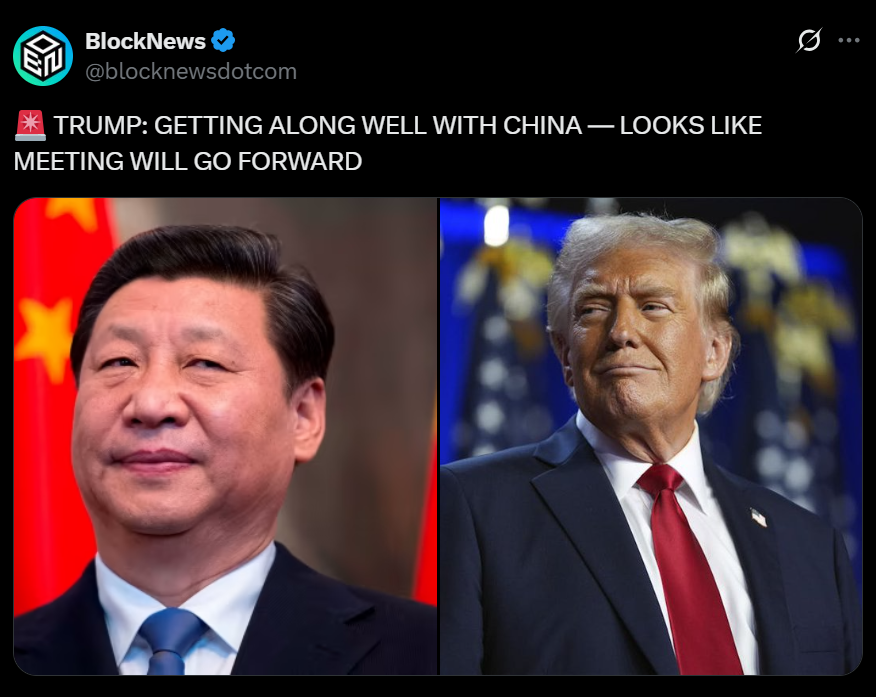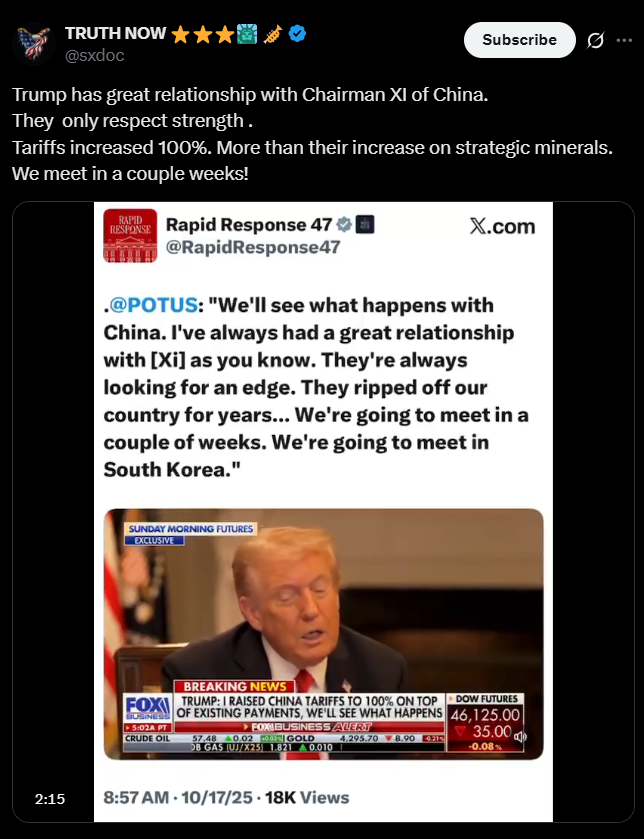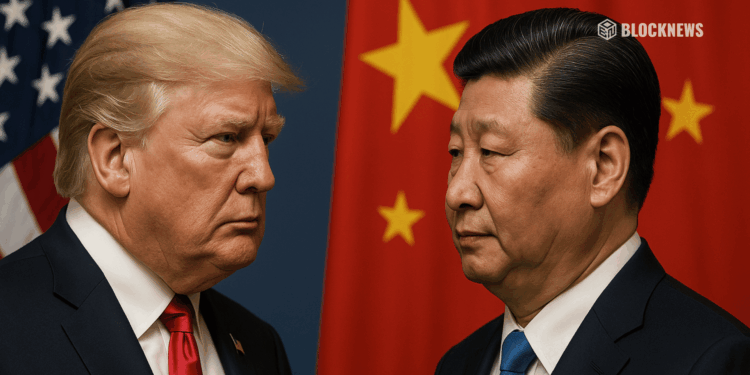- Trump admits 157% China tariffs are “not sustainable” but blames Beijing’s rare earth controls.
- U.S. to double tariffs in November amid worsening trade tensions.
- Trump still plans to meet Xi in South Korea, calling for a “fair deal.”
President Donald Trump admitted that the 157% tariff rate now imposed on Chinese imports is “not sustainable,” but said Beijing’s recent actions left him little choice. Speaking with FOX Business’ Maria Bartiromo, Trump explained that China “forced” his hand after tightening controls on rare earth exports—a move that rattled global supply chains and reignited trade tensions between the world’s two largest economies. “It’s not sustainable, but that’s what the number is,” he said. “They forced me to do that.”

Retaliation Over Rare Earth Controls
The tariff escalation follows Beijing’s new export restrictions on rare earth minerals, key materials used in electronics, defense, and renewable energy manufacturing. Trump said the U.S. had no option but to respond aggressively. The administration’s new plan—adding 100% tariffs on top of existing duties—will take effect in November, effectively doubling import costs for a wide range of Chinese goods. The move mirrors a tit-for-tat cycle that has defined U.S.-China trade relations over the past decade.
Balancing Trade Pressure and Diplomacy
Despite the sharp rhetoric, Trump emphasized that he still plans to meet Chinese President Xi Jinping in South Korea in the coming weeks. He described Xi as “a very strong leader” and an “amazing man,” signaling hopes of stabilizing relations despite the tension. “I think we’re going to do fine with China,” he said. “But we have to have a fair deal—it’s got to be fair.” Trump’s comments come as markets digest the potential impact of another trade flare-up just months before key U.S. economic deadlines.

Treasury Officials Add to the Fire
Meanwhile, U.S. Treasury Secretary Scott Bessent added a harder edge to the administration’s messaging, accusing Beijing of “financing war” through its global investments. His comments, combined with Trump’s acknowledgment of the tariffs’ economic strain, underscore how delicate the next phase of trade diplomacy could be. Both sides are signaling willingness to talk—but not to back down.














